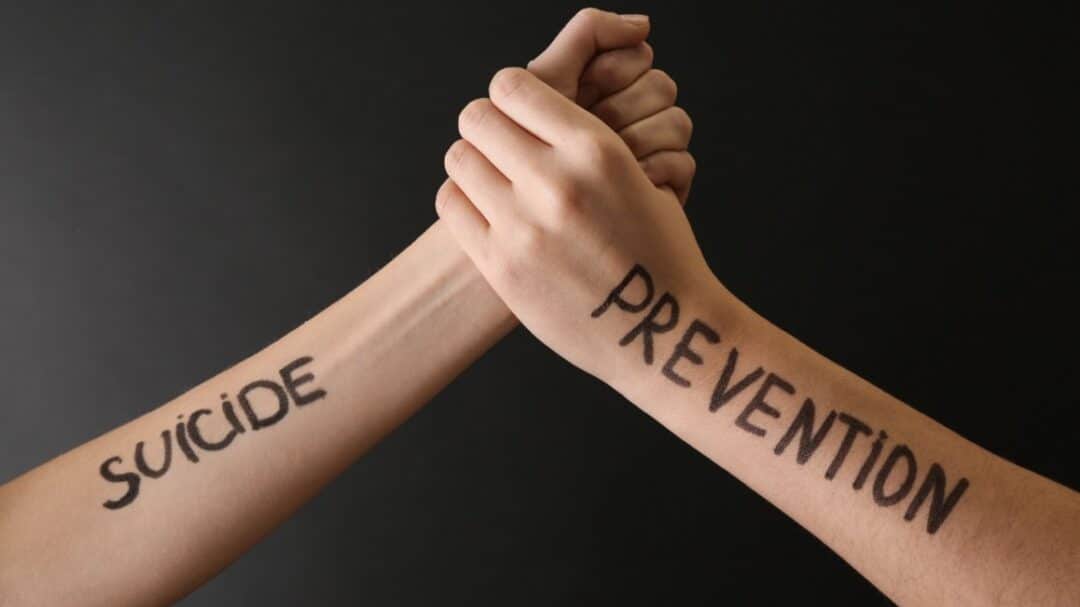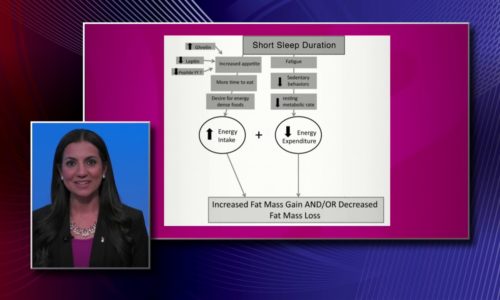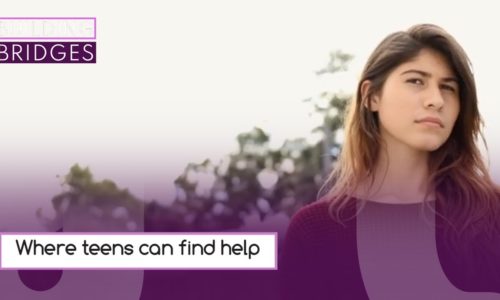Youth Suicide Prevention: Should We Talk About It? |

Media frequently publishes stories of adults suiciding, which affects us all differently. But when it comes to young people who decide to end their lives, our reaction is more complex: pain, grief, shame and, what is more painful, in most cases, the family feels guilty for not having identified what their loved one was suffering and that led him to decide his own death.
Question:
Could it be that it is time to talk about the subject of suicide? When is the best time to address the subject? The best time is now-we can all help prevent suicide.
Although it is a serious problem, the good news is that it can be prevented.
Stories of adults committing suicide affect us all differently. But when it comes to young people who decide to end their lives, our reaction is more complex.
Pain, shame, and most painful, the majority of families feel guilt for not detecting the pain the diseased was going thru.
Let’s start by acknowledging that suicide by youth ages 10-24 has long been a problem.
So, is it now the best time?, Yes, we need to talk now.
We can all help prevent suicide. Youth suicide needs to be discussed. Although it is a serious problem, the good news is that it can be prevented.
Even the suicide of a young person. How do we detect when “something is wrong”?
Some tips for spotting suicide risk factors and warning signs:
Although all adolescents go thru difficult times of adaptation, we must be attentive to the sudden changes in behavior that, in causes of suicidal ideation, inevitably occur.
Let’s ask questions, let’s observe, let’s watch for changes.
Some important Risk Factors:
- History of mental illness (depression, anxiety, bipolarity, post-traumatic stress disorder
- Previous Suicide attempts
- History of substance abuse
- Relationship problems (conflicts with parents or boyfriends)
- Legal or disciplinary problems
- Access to firearms o dangerous pills
- Physical illness or disability
Some warning signs of suicide:
- “Nobody understands me” –Loneliness or feeling of isolation
- “If I die, will you miss me?” Always talks about death
- “I am not afraid of death”-Risky behavior
- “You will be better off without me” Feels like a burden to others
- Makes suicide threats “Sometimes, I feel like I want to die”
- “ I’m worthless” –negative self-image
- Self-flagellating behavior, such as cutting
- “When I die, I want you to have this” Giving away objects {for example, clothing, expensive gifts}
- “ Leave me alone”. Aggression and irritability
- Make funeral arrangements
Important:
Keep in mind that there are signs of changes and some of these signs may be easy to spot, as when the adolescent expresses his desire to die.
Other times, they are more difficult to discover since the feelings are repressed and family and friends did not detect them.
Experts recommend that, when in doubt, families pay attention to how the young person interacts with their friends.
If you feel that something is not right emotionally, speak up, ask.
All warning signs deserve to be taken seriously.
Where to call to get help for a friend, help for you?
In Miami, Jewish Community Services of South Florida (JCS) operates the Suicide Prevention and Crisis Counseling Service for Miami-Dade and Monroe Counties.
Experienced JCS 211 Miami Helpline Counselors answer for the National Suicide 988 Lifeline as the New Phone Number for Crisis Response calls and support residents in our community24/7/365 in English, Spanish, Haitian Creole and most all other languages.
If you or somebody you know needs help, please dial 988, the National Suicide Prevention line.
This service is made possible through generous funding support from The Children’s Trust, Thriving Minds South Florida, Miami-Dade County, United Way Miami, The State of Florida, Department of Children and Families, and Vibrant Emotional Health.
For additional information call 211 in your area. We speak your language. Services are free.
It’s the call that may save a life.
More Resources: https://www.zocdoc.








